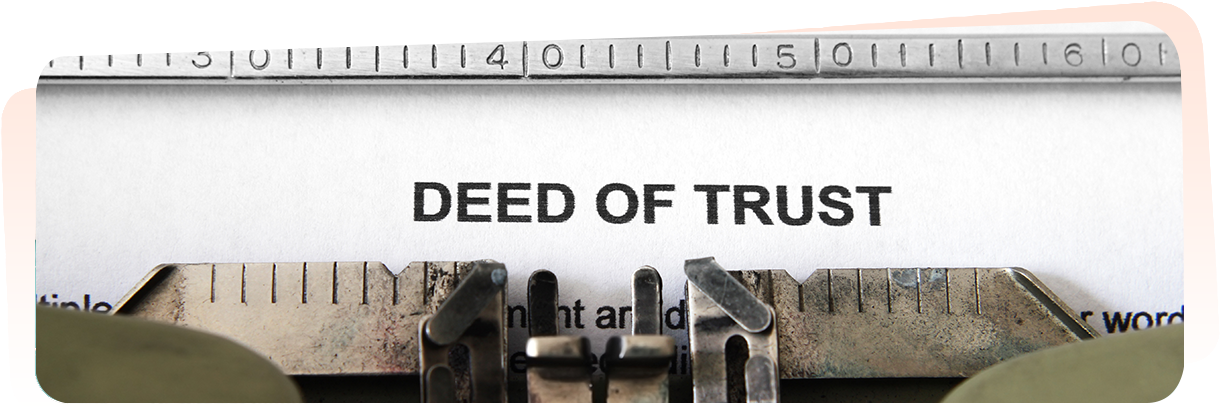Promissory Notes | Self-Directed IRA Investing
Investing in promissory notes is a great way to invest in real estate without taking on the hassle of managing a property and going through the process of selling a home.
Thanks to the flexibility of self-directed IRAs, retirees can invest in promissory notes and trust deeds to build their portfolios.
Learn about the intricacies of deeds of trust, unsecured notes, secured notes, and how they can diversify their portfolios.
What Are Promissory Notes?
A promissory note is a debt instrument that allows one individual or an entity to loan money to another individual or entity.
While you may be required to sign one at a bank, other entities typically use these notes so the borrower doesn’t have to go through a bank.
The note contains all of the information about the loan, including the amount, the repayment schedule, the interest rate, the maturity date, and the issuer’s signature.
How Does Real Estate Relate to Promissory Notes?
In virtually every case, a lender requires some sort of collateral from a borrower. If you apply for a mortgage at a bank, they will put a lien on the subject property that lasts for the life of the mortgage. If you default, the bank becomes the owner of the property.
Even though promissory notes typically allow borrowers to circumvent the use of a financial institution, real estate can still be involved. It all depends on the status of the loan as a secured or unsecured loan.
What is a Deed of Trust?
A trust deed or deed of trust is a deed wherein legal title in real property is transferred to a trustee, which holds it as security for a loan (debt) between a borrower and lender. The borrower is referred to as the trustor, while the lender is referred to as the beneficiary of the trust deed.
Trust deeds differ from mortgages in that trust deeds always involve at least three parties, where the third party holds the legal title. In contrast, the mortgagor gives legal title directly to the mortgagee in the transaction of a mortgage. In either case, the equitable title remains with the borrower.
A trust deed has a crucial advantage over a mortgage. If the borrower defaults on the loan, the trustee has the power to foreclose on the property on behalf of the beneficiary.
In most U.S. states, a trust deed (but not a mortgage) can contain a special “power of sale” clause that permits the trustee to sell the property if the homeowner defaults on the loan.
The advantage of trust deeds is that the lender can recover the value of the collateral for the loan much more quickly and without the expense and uncertainty of suing the borrower, which is why lenders overwhelmingly prefer such deeds to mortgages.
This is one example of a secured loan, which is a powerful tool for investing with your self-directed IRA.
What is a Secured Loan?
A secured loan is a loan with some sort of collateral to protect the lender from any potential default by the borrower. While the note serves as a promise to pay, most lenders want added protection in the event of default.
Suppose you have the financial capability to provide a sizable loan to another person or a business.
In that case, you can require a secured promissory note that would give you the ownership rights to a piece of property in the event of default. While this is not a conventional real estate investment method, it is certainly an option.
In addition to real estate, secured loans can provide the lender with other forms of collateral. For instance, if you lend someone money to start a business and they default on the loan, you may have it in writing that you become an owner of the business, using equity as a sort of collateral.
What is an Unsecured Loan?
Unsecured notes are loans that do not have collateral. You may consider offering an unsecured loan to a family member or a close friend, but these loans are significantly riskier.
If the borrower defaults on the loan, you have very little available recourse. While you should only consider this type of loan for someone you know and trust explicitly, they are not typically recommended by successful investors.
The Benefits of Promissory Note Investing
Investing in promissory notes and deeds of trusts as an investor allows you to earn a steady stream of income via interest repayments.
Additionally, promissory notes may enable you to borrow against the notes if you need to extend credit in your portfolio or access to cash.
Thanks to the freedom of self-directed IRAs with Horizon Trust, you can expand your investment horizons in order to make more secured investments and diversify your portfolio.
Promissory Notes FAQ
Which type of loan is best for lenders?
Secured loans are much better for lenders, as they ensure that the lender recovers something in the event of a default.
What is included in a promissory note?
Promissory notes include the borrowed amount, interest rates, repayment dates, maturity date, and any collateral information.
Who can issue a loan through a promissory note?
Anyone who has the amount of money that a borrower is seeking can lend money through the use of a promissory note.
